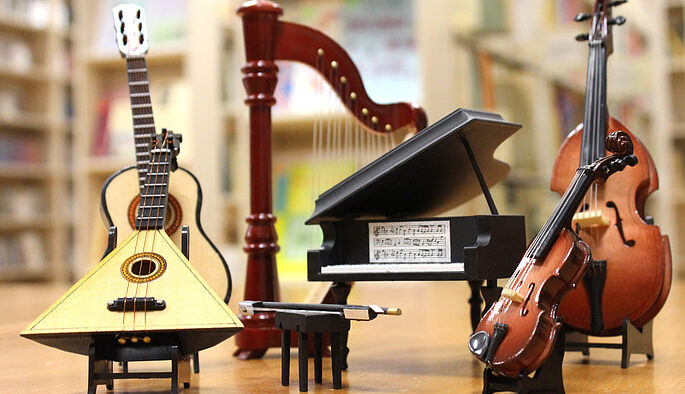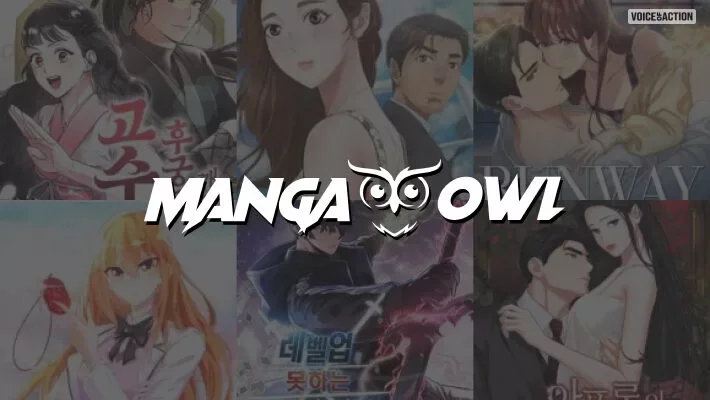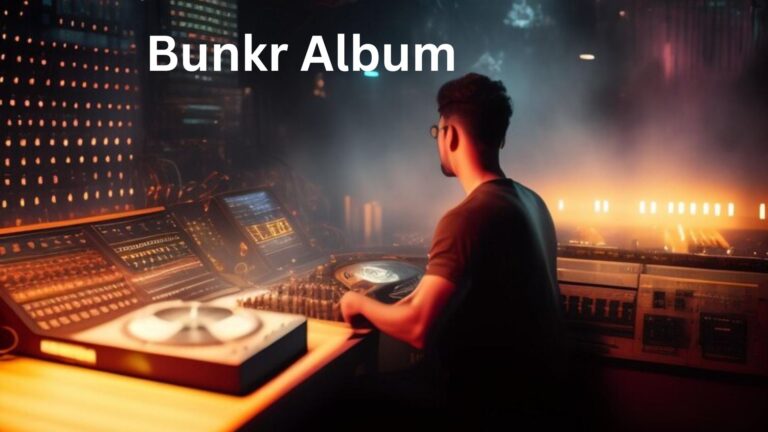Innovative Fundraising Ideas to Support Music Education
Support music education with innovative fundraising ideas like benefit concerts, online crowdfunding, and instrument donation drives. Host community talent shows, virtual music lessons, and themed events. Collaborate with local businesses for sponsorships and grants, ensuring sustainable funding and enriching student music programs.
Introduction to Music Education Fundraising
Music education is vital to a well-rounded education, but funding can sometimes be a hurdle. Fortunately, numerous innovative ways exist to raise money and support these essential programs. Whether you’re a parent, teacher, or community member, you can help make music education accessible to more students by engaging in creative fundraising activities. One practical approach is organizing a music fundraiser to unite the community while generating much-needed funds. These fundraising efforts are crucial, especially in today’s climate, where school budgets are often stretched thin, and the arts are among the first to face cuts.
Utilizing Community Events
Community gatherings have the potential to bring people together and raise money for worthy causes. For instance, organizing a local concert featuring students can attract a large audience, while setting up booths selling refreshments, crafts, or raffle tickets can increase revenue. These events support music education and create lasting memories for performers and audiences. They also foster unity and shared purpose, enhancing community involvement in school activities. Another idea is hosting a themed music festival featuring diverse genres performed by students, local bands, and teachers. Partnering with local food trucks and craft vendors can further enhance the event’s appeal and make it a festive occasion.
Online Crowdfunding Campaigns
Crowdfunding platforms such as GoFundMe and Kickstarter have revolutionized how people raise funds for various causes, including music education. You may reach more people by promoting your campaign on social media and email newsletters. Storytelling is critical here—highlighting personal stories and the impact of music education can elicit more generous contributions. Well-crafted campaigns often include videos, which can further engage potential donors by showing the faces of those who will benefit directly from their contributions.
Regular updates on the campaign’s progress and showcasing how previous donations have been used can build trust and encourage continued support. For example, updates might feature student testimonials, photos of new instruments, or snippets from recent music classes. Transparency and frequent communication help donors feel more connected to the cause and more confident that their contributions make a tangible difference.
Social Media Challenges
Using social media challenges to engage your community may be an enjoyable and successful approach to generating money. Create a unique challenge involving musical performances and encourage people to share their participation online. Set specific fundraising milestones and offer incentives to reach them to ensure the event remains exciting. This approach leverages social networks to spread the word and attract attention beyond your immediate circle. Consider a campaign where participants post videos of themselves performing a musical piece, challenging friends and family to donate to the cause.
Partnering with Local Businesses
Partnerships with local businesses offer mutual benefits, such as sponsoring events, donating a portion of sales, or offering raffle prizes. These collaborations generate funds and strengthen community bonds, bringing together local commerce and educational goals. Businesses often appreciate demonstrating their corporate social responsibility by supporting local initiatives. For example, a local coffee shop hosting a “Music Night” with a percentage of sales going to a school’s music program can attract customers and increase media attention, boosting the company’s visibility and fundraising efforts.
Grants and Sponsorships
Researching and applying for grants can be another effective avenue. Numerous organizations and foundations are dedicated to supporting arts education. For example, the National Endowment for the Arts offers grants specifically for music programs. Taking the time to write compelling grant proposals can yield substantial financial support. It is essential to customize your application to fulfill the particular needs of several grant-making organizations and provide a clear explanation of how the funding will further music education.
Grants are available from diverse sources, including government bodies, private foundations, and corporate philanthropy programs. Keeping an organized calendar of grant application deadlines and required materials can streamline the process. Moreover, successful grant applications can often be reused with minimal adjustments for multiple opportunities, maximizing the return on the effort invested in this fundraising method.
Applying for grants provides financial support validation and recognition from esteemed institutions, which can open doors to further opportunities and partnerships.
Engaging Students and Parents
It is impossible to exaggerate the significance of parent and student participation in fundraising events. Encouraging students to participate in fundraising activities and parents to participate in event planning can boost personal investment and contribute to the initiative’s success. Student-led concerts and talent shows can showcase music education skills and generate community support. Organizing student committees to handle various fundraising aspects can provide students with real-world experience and ownership. Engaging parents in volunteering roles or advisory committees can also bring resources and networks to the effort.
The Impact of Your Efforts
Every dollar raised can significantly impact a school’s music program, providing instruments, sheet music, and other resources that would otherwise be out of reach. Your efforts can help create enriching experiences and foster the next generation of musicians. Music education enhances students’ academic performance and enriches their emotional and social well-being, making every contribution invaluable. Research by the Brookings Institution has shown that students who participate in arts education engage more deeply in their overall academic experience.
Furthermore, it’s worth noting that the benefits of music education extend beyond the classroom. Skills developed through music, such as discipline, creativity, and teamwork, are valuable throughout life and can significantly contribute to a student’s future success. By supporting these programs, you’re enriching students’ school years and investing in their long-term growth and development.
In conclusion, innovative fundraising ideas can vastly improve the resources available for music education, ensuring that more students benefit from its many advantages. No matter how small, each contribution contributes to a larger goal of fostering creativity, discipline, and cultural appreciation in young minds. By tapping into the collective power of community, online platforms, and business partnerships, you can make a meaningful difference in the lives of students and the broader community.







